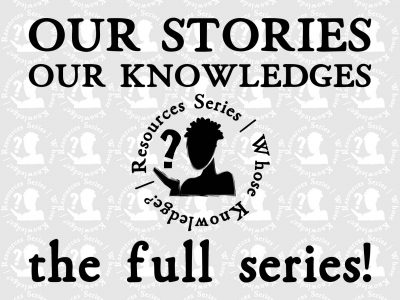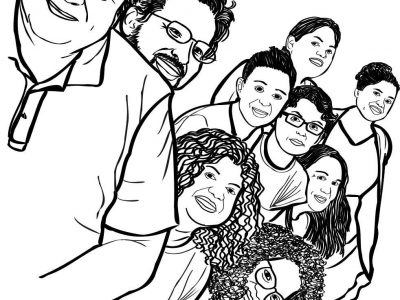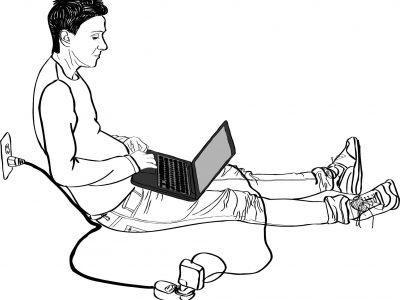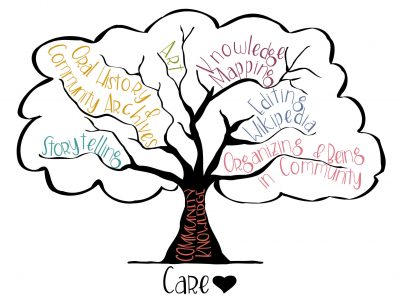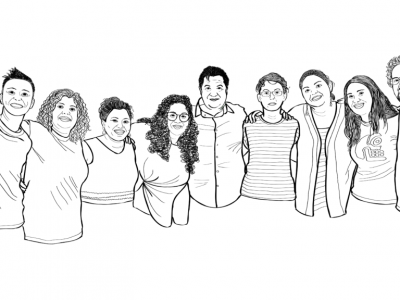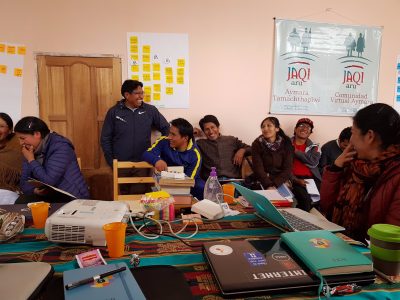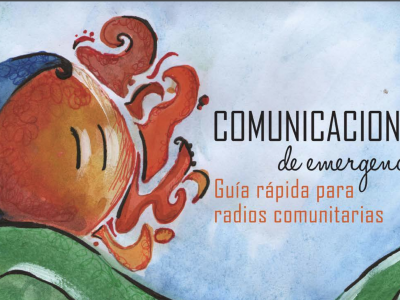Stories about Resources
[Resource] Indigenous Languages: Zero to Digital – A Guide to Bring Your Language Online
Translation Commons shares “Indigenous Languages: Zero to Digital: A Guide to Bring Your Language Online” to describe the process to make languages accessible on computers and mobile devices.
Presenting the Whose Knowledge? full resource: Our Stories Our Knowledges
The full resource "Our Stories Our Knowledges" brings together the 4 parts previously published. It aims at guiding you in sharing your knowledge and building more powerful networks of solidarity.
Presenting the Whose Knowledge? resource: How to ally and be a good guest
Part 4 of the Whose Knowledge? resource set "How to Ally and Be a Good Guest" shares recommendations for how to be a respectful guest and supportive co-conspirator with marginalized communities.
Presenting Whose Knowledge? resource: Adding our knowledge to Wikipedia
"Adding Our Knowledge to Wikipedia", part 3 of Whose Knowledge? Resources Series, explains why have the authors decided to create and share knowledge on Wikipedia, and how we’re doing this work.
Presenting the Whose Knowledge? resource: Transformative practices for sharing marginalized knowledge
Part 2 of the Whose Knowledge? resource set "Transformative Practices for Sharing Marginalized Knowledge" provides a set of practices and tools that marginalized communities have found useful for creating, growing, and sharing their community’s knowledge online.
Presenting the Whose Knowledge? resource: Our stories, our knowledges
The resource “Decolonizing Our Stories and Knowledges” produced by Whose Knowledge? gives background into some of the struggles faced while building more plural representations of the world’s knowledges online.
Why localizing tech matters
"My mother tongue, Shona [...] isn’t very high on the “food chain” when it comes time to chose which languages are made available online..."
Helping Community Radio Stations in Mexico Better Prepare for Emergency Situations
A new guide is designed to help community and indigenous media outlets in Mexico better prepare for emergency situations when their services to their listeners are needed most.


